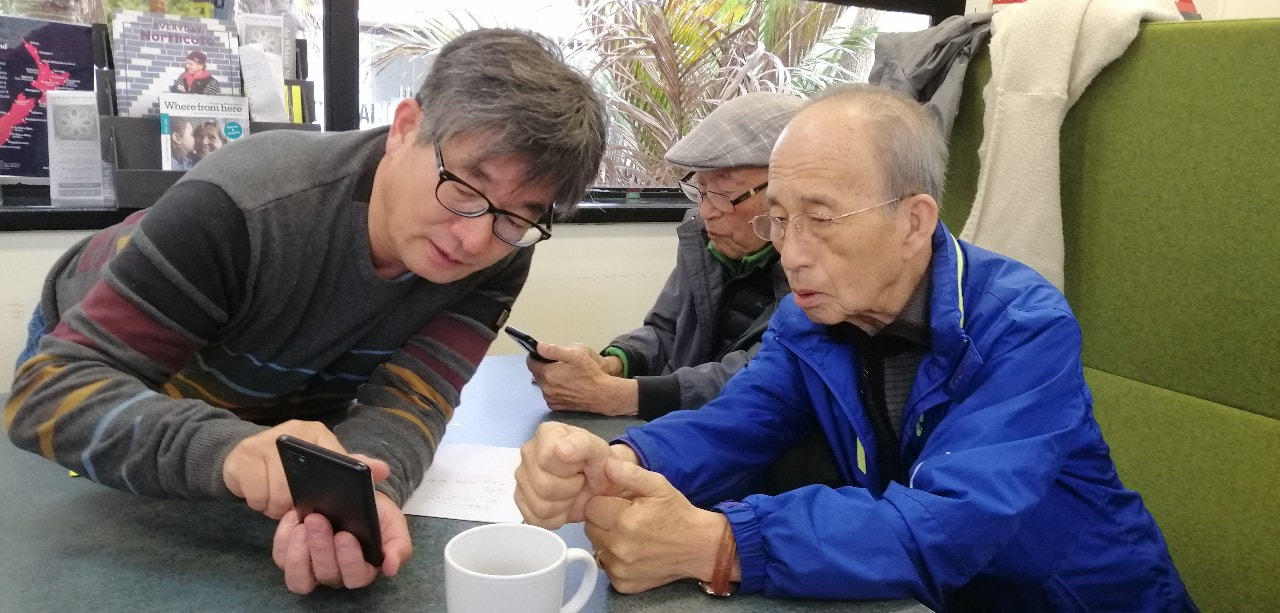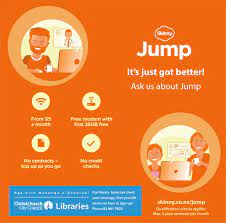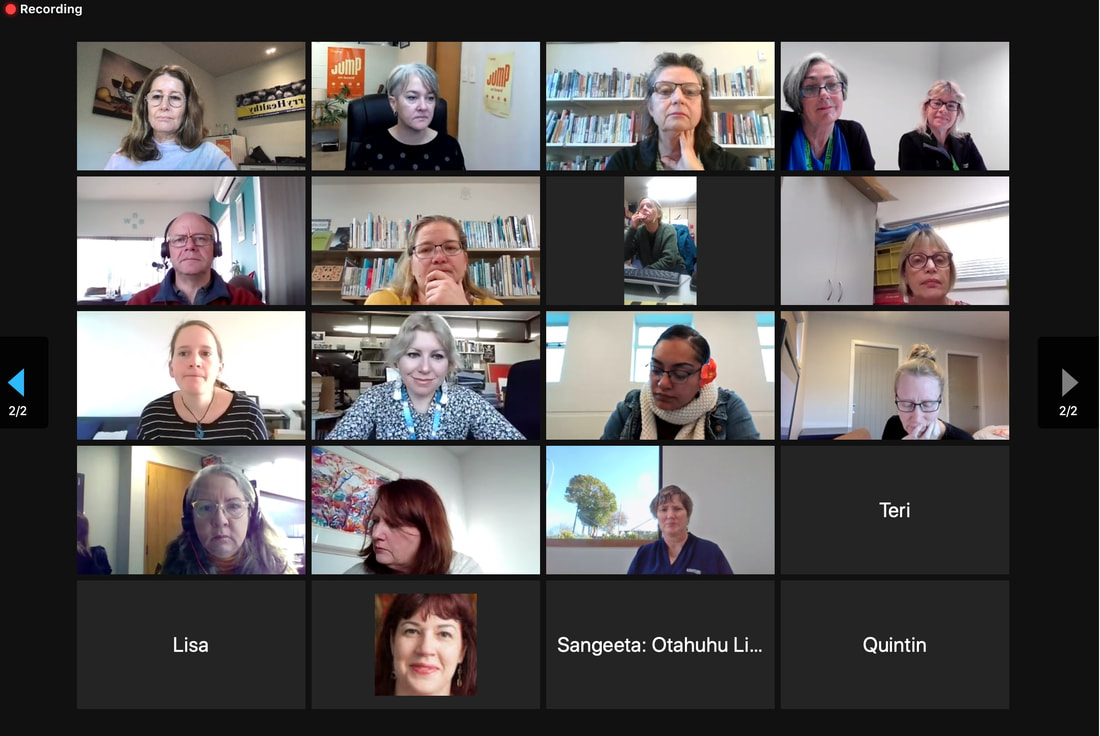THE DIGITAL PARTICIPATION LAB
At the Digital Participation Lab, our current work in this research space includes a project funded by InternetNZ exploring the sustainability of digital inclusion activities because while there have been evaluations of digital inclusion programmes and initiatives, the longer-term impact on individuals and communities is more difficult to identify. For this research, we are focusing on three initiatives in partnership with the DIAA: Skinny Jump; Better Digital Futures; and the Ministry of Education’s COVID-19 student access initiative. The first two of these have a link with public libraries which are key partners in Skinny Jump, helping people get connected with low-cost pre-pay broadband, and they also host ‘Better Digital Futures’ sessions to build seniors’ skills and confidence with digital devices and the internet. For Skinny Jump, we surveyed 8,000 people who had signed up for the service between March and December 2020 and we had 508 responses. The service was popular with our participants: 93% of those who had registered in 2020 still used it and the vast majority used it every day. Asked what they used their internet connection for, responses focused on paying bills, connecting with family and loved ones, and accessing government services online. Our results indicate that the internet connection available through Skinny Jump supports people in a range of important day-to-day activities, enhancing their quality of life and providing more convenient and flexible ways to access financial and other services.
HELP FROM SKINNY JUMP PARTNERS
About half of the respondents had received help from a Skinny Jump partner, a majority of which (62%) are libraries. The role that library staff play in supporting people’s access and connectivity is an important one, brokering the interaction between people and technology to support digital inclusion within communities.
Some other research by the Digital Participation Lab indicates that library staff are keen to extend their own digital skills to support digital inclusion activities and programmes more effectively. The ‘Digital Wellbeing for All’ training, another DIAA programme, aims to build library staff capacity to deliver digital literacy support within communities, aimed at adults and particularly senior learners. Our evaluation of the programme found high levels of library staff confidence in digital skills before the training began which increased over the life of the programme. During times of stress and change caused by the pandemic lockdowns, the training provided tools, resources and networking for participants. While many of the participants’ libraries were already offering services like Skinny Jump, the workshop content offered “a good refresher”. For other library staff, the training provided insights into working with adult learners, although this remained a little intimidating for some. Nevertheless, our evaluation showed that staff who participated in the training experienced a rise in confidence in their abilities and a wider appreciation of how what they had learnt would support their work in the library. There was a keen sense that the training would be beneficial in communities as it related directly to library staff roles in supporting digital skills, and it helped them as individuals through upskilling and developing their confidence with a wider range of digital technologies and services.
Assisting library users with their digital engagement needs is now an accepted part of the job for public library staff and business-as-usual for public libraries. The diverse nature of public library customers and their need for digital support means that library staff must be adaptable, flexible and willing to continue their own learning to ensure that they can provide appropriate support within communities. While the ‘Digital Wellbeing for All’ programme aimed to support library staff in providing small group classes within libraries, our research shows that people often have very specific queries that require one-to-one support. This can be challenging for libraries to provide, given their resourcing. A “one-size-fits-all” method for supporting digital engagement is cost-efficient and can be effective, as the success of Skinny Jump shows. A more nuanced approach may be necessary to help develop digital skills within the community, though, and to support people’s access to and use of digital technologies and the internet on their own terms.





 RSS Feed
RSS Feed